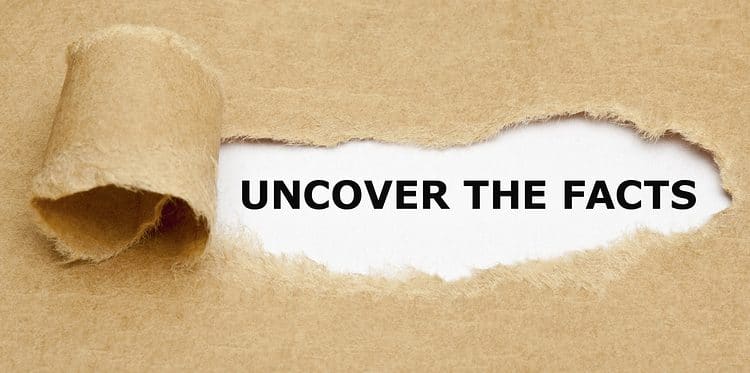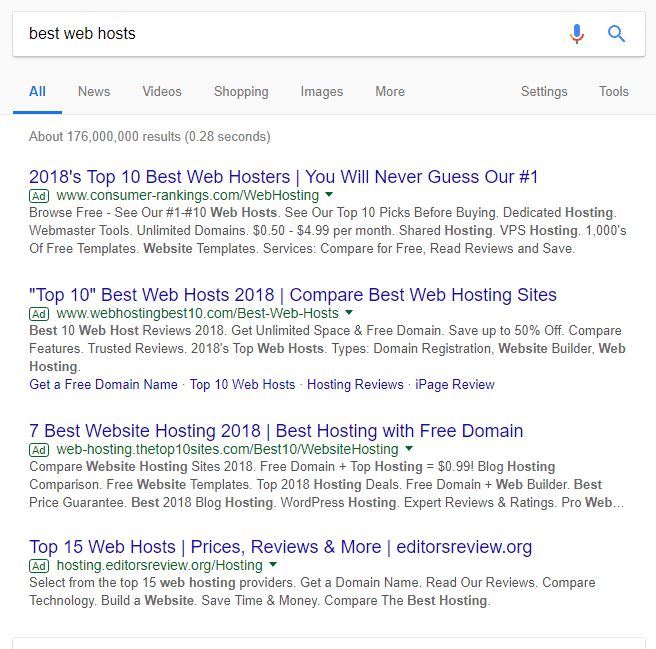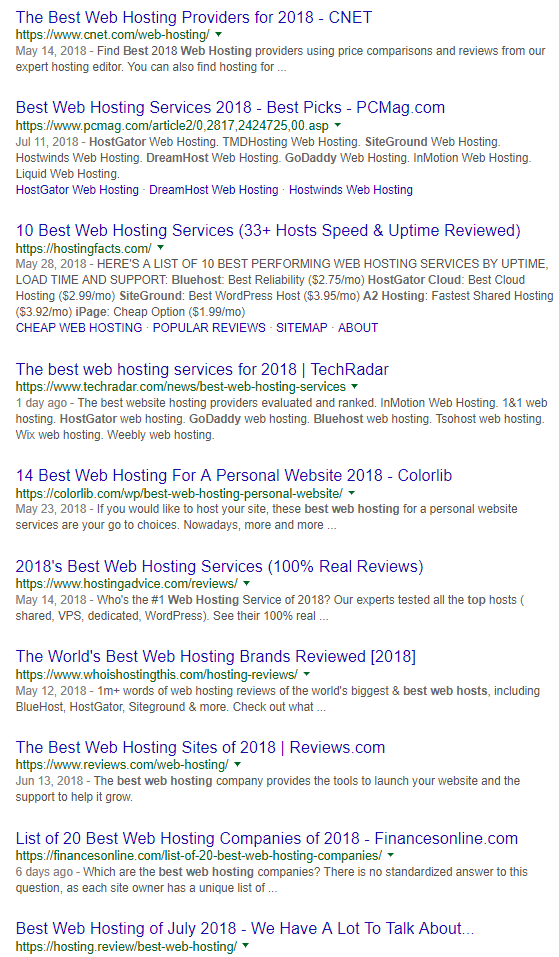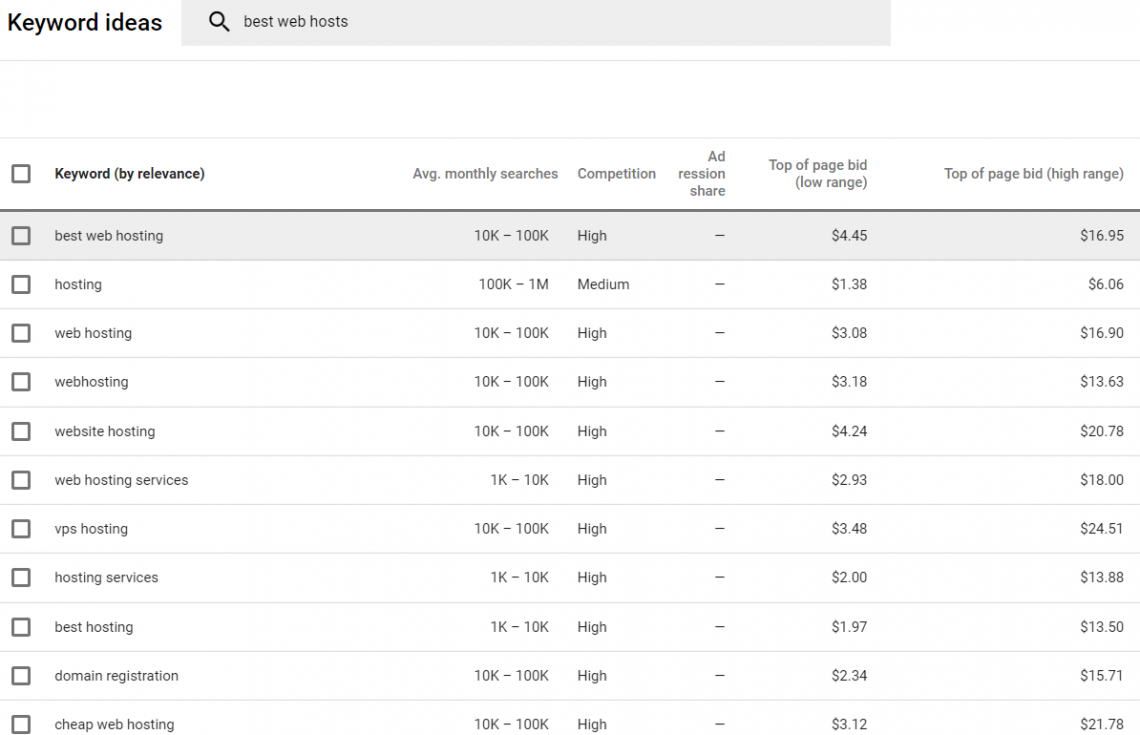A lot of third-party evaluations are not particularly useful. Let’s look at HostGator, one of the larger players in the shared web hosting industry, for some examples. For a few years, HostGator had an awards webpage that proudly listed all of the awards it “won.”
Many of the entities issuing awards were obviously affiliate sites that didn’t provide anything even vaguely resembling rigorous evaluation:

Fortunately, HostGator’s current version of the page is less ridiculous.
Even evaluations carried out by serious, established entities often have problems. Rigorous evaluation tends to be difficult. Accordingly, third-party evaluators generally use semi-rigorous methodologies—i.e., methodologies that have merit but also serious flaws.
In many industries, there will be several semi-rigorous evaluators using different methodologies. When an evaluator enters an industry, it will have to make a lot of decisions about its methods:
- Should products be tested directly or should consumers be surveyed?
- What metrics should be measured? How should those metrics be measured?
- If consumers are surveyed, how should the surveyed population be selected?
- How should multiple metrics be aggregated into an overall rating?
These are tough questions that don’t have straightforward answers.
Objective evaluation is often impossible. Products and services may have different characteristics that matter to consumers—for example, download speed and call quality for cell phone services. There’s no defensible, objective formula you can use to assess how important one characteristic’s quality is versus another.
There’s a huge range of possible, defensible methods that evaluators can use. Different semi-rigorous methods will lead to different rankings of overall quality. This can lead to situations where every company in an industry can be considered the “best” according to at least one evaluation method.
In other words: Everyone gets a trophy!

This phenomenon occurs in the market for cell phone carriers. At the time of writing, Verizon, AT&T, T-Mobile, and Sprint all get at least one legitimate evaluator’s approval. (More details in The Mobile Phone Service Confusopoly.)
Evaluators are often compensated in exchange for permission to use their results and/or logos in advertisements. Unfortunately, details on the specific financial arrangements between evaluators and the companies they recommend are often private.
Here are a few publicly known examples:
- Businesses must pay a fee before displaying Better Business Bureau (BBB) logos in their advertisements.1
- J.D. Power is believed to charge automobile companies for permission to use its awards in advertisements.2
- AARP-approved providers pay royalties to AARP.3
An organization that is advertising an endorsement from the most rigorous evaluator in its field probably won’t be willing to pay a lot to advertise an endorsement from a second evaluator. A company with no endorsements will probably be much more willing to pay for its first endorsement.
Since there are many possible, semi-rigorous evaluation methodologies, maybe we should expect at least one evaluator to look kindly upon each major company in an industry. This phenomenon could even occur without any evaluator deliberately acting dishonestly. For example, lots of evaluators might try their hand at evaluation in a given industry. Each evaluator would use its own method. If an evaluator came out in favor of a company that didn’t have an endorsement, the evaluator would be rewarded monetarily and continue to evaluate within the industry. If an evaluator came out in favor of a company that already had an endorsement, the evaluator could exit the industry.




